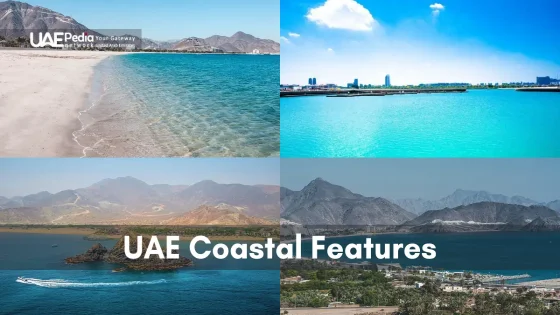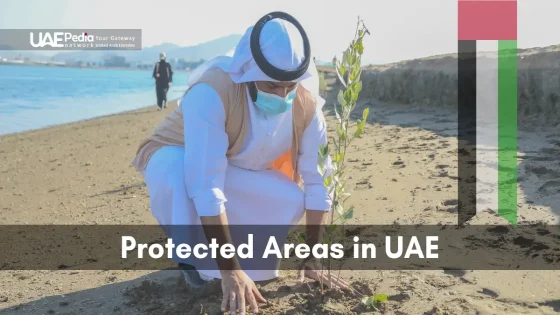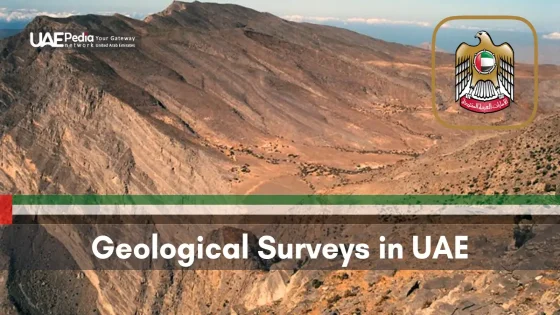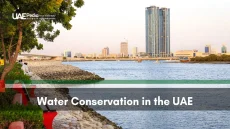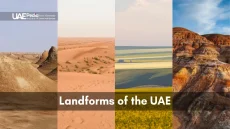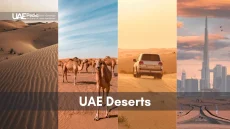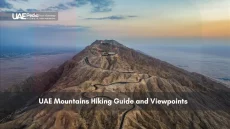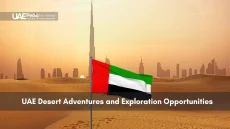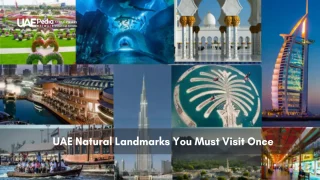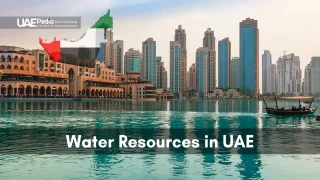What if your next business meeting could connect Mumbai, Zurich, and Nairobi in a single afternoon? The country bridging Asia, Europe, and Africa makes this possible through its unique crossroads position. Nearly one-third of humanity lives within a four-hour flight radius here—rising to two-thirds within eight hours. That’s like having coffee in Dubai while your London colleague finishes lunch and your Singapore partner starts dinner.
This geographic sweet spot fuels more than just frequent flyer miles. Over 150 international banks operate here, while wealth management experts at recent industry forums highlight its evolution from temporary financial stopover to permanent home for global wealth structuring. Modern ports handle 25 million shipping containers annually, and airports welcome 50 million travelers drawn to the region’s cultural kaleidoscope.
Three elements make this hub magnetic:
- 8-hour air access to markets representing 66% of global spending power
- Tax-free zones attracting 40% of Middle East foreign direct investment
- Infrastructure ranked 3rd worldwide for quality by the World Economic Forum
We’ll explore how this intersection of continents creates opportunities in tech, trade, and tourism—with desert sunsets as your conference room backdrop.
How the UAE Strategic Location Drives Global Connectivity
Picture this: You finalize a contract with Singapore over morning coffee, troubleshoot a London project by lunch, and still make sunset drinks with a Nairobi partner. This isn’t fantasy—it’s daily reality here. The country’s GMT+4 slot lets businesses sync with Asian mornings and European afternoons effortlessly. “No other hub offers this golden overlap,” noted a Wealth Management Forum panelist last month.
Crossroads of Continents, Catalyst for Commerce
Nearly 90% of global trade flows through this corridor where east-west shipping lanes meet north-south air routes. Abu Dhabi’s new digital customs platform clears cargo in under four hours—faster than some Amazon deliveries. Government reforms have turned the area into what Bloomberg recently called “Dubai 2.0,” with blockchain-powered logistics rivaling Hong Kong’s efficiency.
The Jetlag-Free Advantage
When New York wakes up, it’s already afternoon here—perfect for closing deals before European markets open. This time sweet spot explains why 73% of Fortune 500 companies regional HQs. Planning multi-continent operations feels like coordinating a group vacation where everyone’s flights magically align.
“We’re seeing wealth managers treat the region not as a pitstop, but as mission control,” shared a private banking executive during last quarter’s Emirates Financial Summit.
With 5G ports and AI-driven trade permits, the stage is set for tomorrow’s economic plays. Next, we’ll unpack how this connectivity translates into real opportunities—from tax-friendly free zones to sovereign wealth partnerships.
Economic Opportunities and Investment Incentives in the UAE
Ever wished your investments could thrive in an oasis of stability amidst global market storms? The country’s $1.5 trillion sovereign wealth reserves act like financial shock absorbers—think of them as golden sandbags protecting against economic floods. Last year’s Annual Economic Report revealed bank reserves grew 18%, outpacing most G20 nations.
Robust Financial Reserves and Sovereign Wealth Strength
Imagine parking your capital where governments store their oil riches. The region’s sovereign funds manage assets equivalent to Switzerland’s entire GDP. “This isn’t just wealth—it’s generational insurance,” noted the report’s lead analyst. Family offices now book over 40% of Middle East assets locally, swapping offshore accounts for Dubai’s new foundations law.
Free Zones, Tax Benefits, and Foreign Direct Investment
Abu Dhabi’s free zones offer what Hong Kong did in the 90s—zero taxes, full ownership, and visa-free talent pooling. Recent reforms slashed red tape so thoroughly that launching a fund takes fewer steps than ordering delivery lunch. Foreign investment jumped 28% last quarter, with tech firms leading the charge.
Expanding Market Opportunities in a Stable Economy
While Singapore sleeps, Dubai’s markets buzz with Asian, African, and European traders. The government’s 10-year visa program turns temporary stops into home bases. As one fintech founder put it: “We came for the tax benefits, stayed for the 5G ports and actual work-life balance.”
Next, we’ll explore how smart infrastructure and digital sandboxes turn this stability into springboards for growth.
Infrastructure, Government Support, and the Evolving Wealth Hub
What transforms sand into smart cities? The answer lies in infrastructure that thinks ahead. Dubai’s Jebel Ali Port now uses AI to predict shipping delays before storms form—like a weather app for global trade.
Abu Dhabi’s $23 billion infrastructure investment blueprint includes drone-delivered construction permits and blockchain-powered energy grids. Recent Hubbis forum discussions highlighted how these digital leaps let wealth managers approve transactions during elevator rides—Swiss efficiency meets Emirati ambition.
Where Steel Meets Silicon
Three innovations reshaping the business environment:
- Smart free zones with automated licensing (87% faster than 2020)
- 5G-enabled industrial parks attracting tech giants
- Carbon-neutral logistics hubs doubling as R&D labs
IntelBrief data shows visa applications processed 40% quicker since AI screening launched—faster than ordering a taxi. “We’re not just building roads,” shared a government tech advisor last month. “We’re coding the economic ecosystem.”
Rules That Keep Pace With Riches
Dubai’s new foundation laws let families protect assets across 140 countries through single entities—think of it as a global safety deposit box. Wealth managers report 62% faster client onboarding versus Singapore. One private banker quipped: “Our compliance tech spots red flags before coffee cools.”
“Family offices aren’t just parking wealth here—they’re prototyping legacy structures,” noted a Hubbis panelist during April’s Digital Wealth Summit.
As sunset paints the desert gold, this wealth hub keeps its lights on for tomorrow’s visionaries. Next, we’ll explore how these foundations position the region for its next growth chapter.
Capitalizing on the UAE’s Strategic Edge for Future Growth
Imagine building tomorrow’s legacy where desert dunes meet digital innovation. The country’s $1.5 trillion sovereign wealth arsenal—managed by giants like ADIA and Mubadala—fuels everything from East African solar farms to AI-driven ports. Recent data shows private equity deals here jumped 90% in early 2024, with assets under management in Abu Dhabi’s financial hub growing 226%.
Three key ingredients make this region a thriving playground for visionaries:
Stability rooted in 50+ years of economic foresight. Agility seen in Dubai’s 5G-powered free zones processing licenses faster than coffee orders. Vision reflected in 5,200 high-net-worth individuals relocating here last year alone. Family offices now treat the area not as a tax haven, but as a launchpad for multi-generational impact.
While Singapore sleeps and London sips tea, this hub’s markets pulse with round-the-clock activity. Government reforms have created what one wealth manager calls “the perfect recipe—Swiss-grade security meets Silicon Valley speed.”
Ready to stake your claim? Start by exploring private equity opportunities or diving into our migration checklists. The future isn’t just knocking—it’s already unpacking its suitcase.
Sitting at the crossroads of Asia, Europe, and Africa, the country’s prime positioning allows businesses to reach 4.5 billion people within a 4-hour flight. Ports like Jebel Ali and airports like Dubai International amplify this advantage, making it a logistics powerhouse.
Through free zones offering 100% foreign ownership, tax exemptions, and streamlined licensing. Initiatives like Abu Dhabi’s Ghadan 21 accelerator and Dubai’s Virtual Commercial City also simplify digital entrepreneurship, attracting startups and Fortune 500 firms alike.
Think hyper-connected smart cities, AI-driven ports, and 5G networks rolling out faster than most G20 nations. Abu Dhabi’s billion rail project and Dubai’s 3D-printed building initiatives showcase how innovation meets practicality here.
Absolutely! Niche sectors like sustainable tech, fintech, and halal tourism are booming. With 89% of the population being expats, communities from Manila to Mumbai find tailored services in demand—plus grants for SMEs in sectors like renewable energy.
Watch for green hydrogen projects, space tourism partnerships, and evolving crypto regulations. The push toward a knowledge economy means sectors like AI, biotech, and desert agriculture tech are primed for growth—backed by the region’s fastest visa processing in the GCC.
Watch for green hydrogen projects, space tourism partnerships, and evolving crypto regulations. The push toward a knowledge economy means sectors like AI, biotech, and desert agriculture tech are primed for growth—backed by the region’s fastest visa processing in the GCC.

